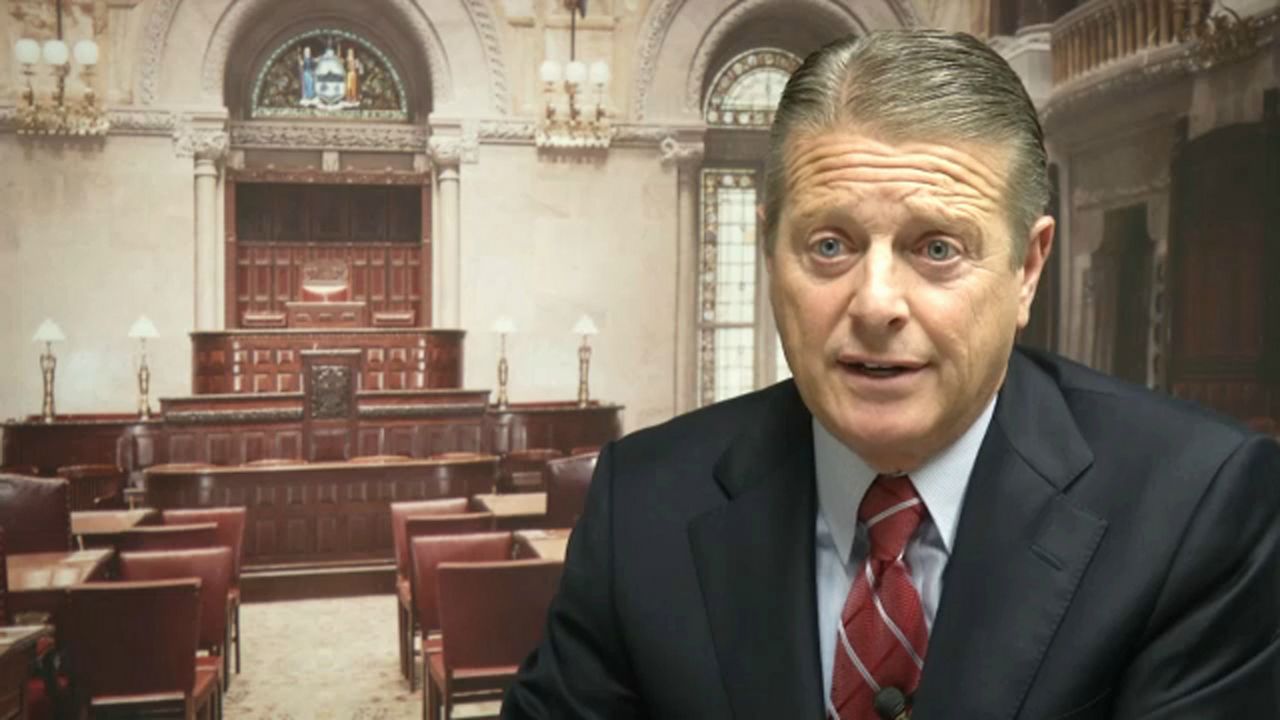Senate Republicans on Wednesday announced plans to hold roundtable discussions on the state's new cash bail law, a sign GOP lawmakers will continue to highlight the issue through the state budget season at the Capitol.
The law ended cash bail requirements for misdemeanor and non-violent felony offenses last year, but has grown increasingly controversial in recent weeks.
The roundtable events will be held beginning Feb. 6 in Buffalo, with additional events planned for Long Island, the Hudson Valley and in Syracuse.
Senate Minority Leader John Flanagan has tapped Sen. George Borrello to chair the task force, along with Sens. Patrick Gallivan and Sue Serino.
“Dangerous pro-criminal bail reform has made a mockery of the justice system, allowing violent criminals, serial bank robbers, and even killers to freely parade the streets," Flanagan said. "This is not justice. It is an insult to crime victims and their families, to the public and to every person who serves to uphold our law. The Senate Republican Repeal Bail Reform Taskforce will listen to the facts about how this is impacting communities as we continue to fight to repeal this disastrous law."
The panel was formed as Democratic lawmakers in the state Senate have met in recent days with law enforcement officials. Democratic state Sen. Monica Martinez has vowed to not vote for a budget without changes to the law.
Gov. Andrew Cuomo in a radio interview on WAMC Wednesday morning, meanwhile, reiterated he be open to changes to the law amid growing concerns raised by law enforcement officials.
Proponents of the measure, including Assembly Speaker Carl Heastie, have said the law will correct an imbalance that allowed rich defendants to post bail and poorer people accused of crimes to wait in jail.
Supporters also contend that many of the cases highlighted by opponents are not related to ending cash bail and that much of the opposition has been stoked by fear-mongering.
Some lawmakers in recent weeks have pushed for a component that would allow judges to determine if a person is too dangerous to be released from jail after being charged.


